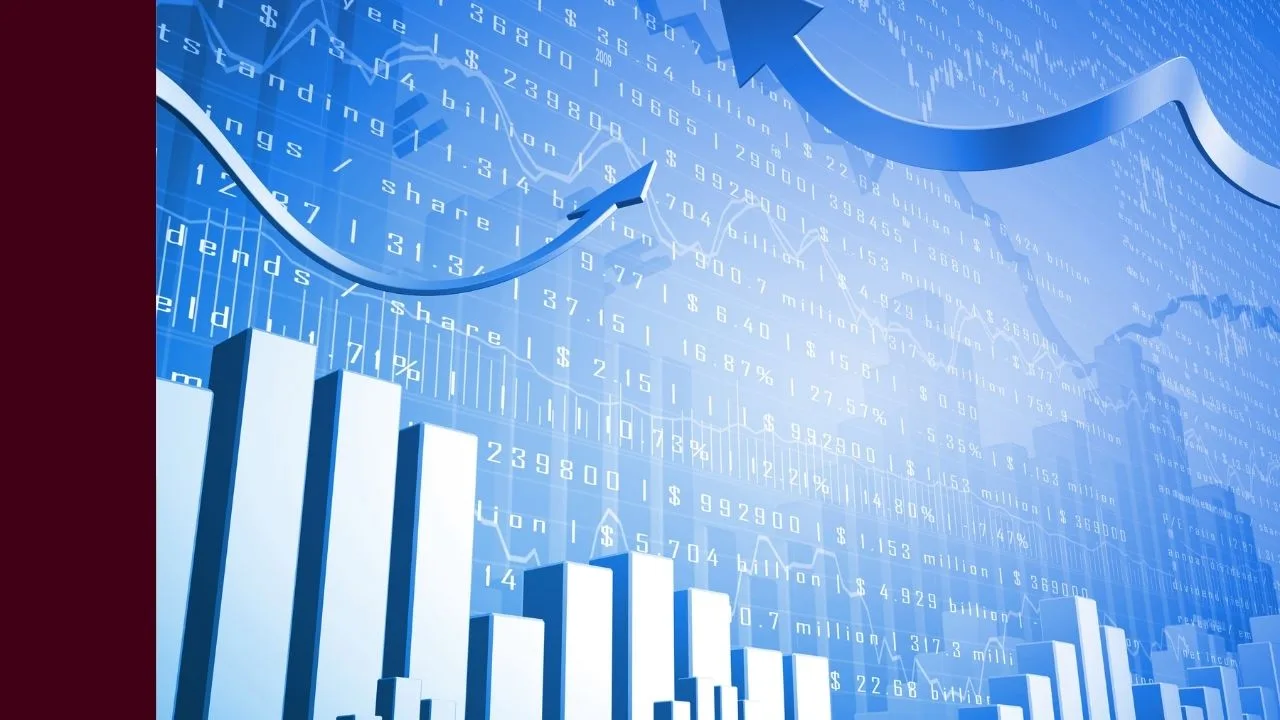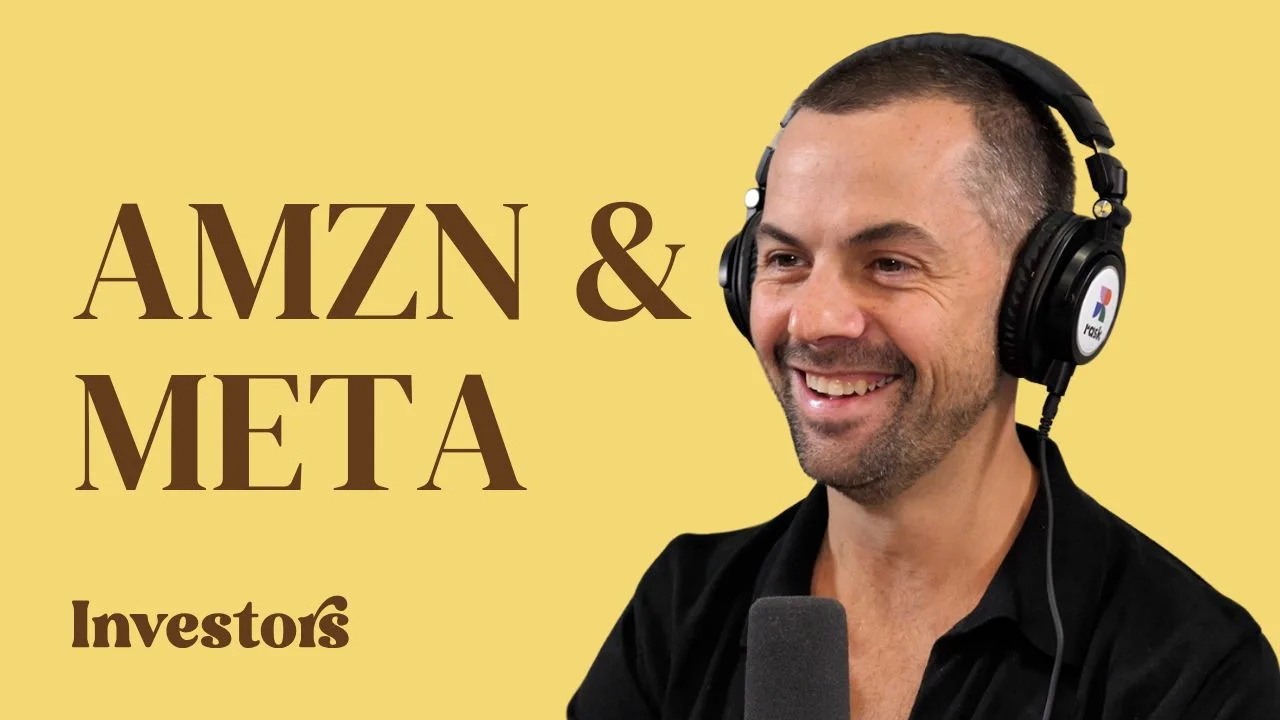Selfwealth Ltd (ASX: SWF) has received takeover offers from Bell Financial Group (ASX: BFG) and Axi. In this article, I dive deep into what the Selfwealth takeover means for users and Selfwealth shareholders.
My thoughts on Selfwealth’s takeover
In the Rask community, Selfwealth is the #2 brokerage platform (right behind CommSec and one place ahead of Pearler).
(Hopefully one day Rask Invest will be this popular!)
This week, Selfwealth Ltd (ASX: SWF), the owner and operator of the Selfwealth.com.au investing platform, received two takeover offers.
The first came on Wednesday from the owner of Bell Direct, the stockbroking and investment banking firm called Bell Financial Group (ASX: BFG) (I’ll call it “BFG” to avoid confusion).
The offer of $0.22 per share is “indicative” and “non-binding”, which is finance speak for ‘let’s float this out there and just see what happens’.
At $0.22, BFG’s offer was great news for investors who recently bought Selfwealth shares at $0.12.
However, it’s bittersweet for anyone who bought shares around Covid. For example, when Selfwealth traded as high as $0.74 per share.

As you can see, Selfwealth’s shareholders reacted positively to the interest from BFG. But they weren’t the only ones paying attention.
A day later, a CFD trading company called Axi (which I’d never heard of) emerged to say it might, maybe, could, potentially (note: it was also “indicative” and “non binding”) acquire Selfwealth. Axi said it would pay $0.23 per share – 1 cent more than BFG.
Axi is a private company and allegedly has 400 staff in 120 countries. It sponsors Manchester City in the English Premier league (arguably the most valuable sports team in the world).
What it means to shareholders of Selfwealth Ltd (ASX: SWF)
If you own shares of Selfwealth (i.e. the company itself), receiving multiple takeover offers is a good thing. While the offers seem quite loose, I think it’s likely other organisations or individuals will emerge to show interest.
BFG’s offer seems to be the better of the two offers, even though it is priced at 1 cent less than Axi, since it may offer shareholders the option of shares in BFG instead of cash.
Taking shares instead of cash would help shareholders participate in the upside of Bell Financial Group (ASX: BFG), since they will own shares of the combined business.
Keep in mind, though, BFG is more than 8 times the size of Selfwealth, so adding Selfwealth into BFG’s business probably won’t be a big driver of stock returns immediately.
I do not own shares of Selfwealth. But if I did, I’d be tempted to hang around to see what happens next.
What it means to Selfwealth users
As far as I know, Selfwealth is a safe platform.
All ASX-listed shares and ETFs on Selfwealth are held via the individual account owner’s unique Holder Identification Number (HIN), which is part of the secure ASX CHESS system. This means, if you own ASX shares or ETFs via Selfwealth, you can rest-assured your shares are still yours.
Since Selfwealth offers HIN, it’s super-easy to switch the shares and ETFs you own to another HIN-based broker or professionally managed platform, like Rask Invest (just ask us how, using our instant chat).
Doing an “in-specie” transfer of shares/ETFs can be extremely tax effective, provided the beneficial owner of the shares doesn’t change.
HIN-based brokers like Pearler, Commsec, and NABTrade offer simple guides on transferring across. It’s typically free to trade ‘in’ to a new broker, but the broker you’re leaving may charge a fee on the way out.
Should I transfer away from Selfwealth?
If I held shares or ETFs with Selfwealth and Axi bought the company, I would definitely move away from it.
You see, Axi is a trading firm that flogs Contracts For Difference, or CFDs, to punters. And herein lies the big problem you have to understand…
CFD trading is routinely confused with investing in shares. That’s because CFDs get mixed in with “investing” as if they’re similar.
This is a disgrace on the Australian financial system. Why? Because investing for the long-term in the share market is a wonderful thing that all families should do.
But CFDs are sending families broke. They destroy lives and relationships.
Here’s what ASIC, the Government’s regulator, wrote in October 2020:
“ASIC reviews in 2017, 2019 and 2020 found that most retail clients lose money trading CFDs…
During a volatile five-week period in March and April 2020, the retail clients of a sample of 13 CFD issuers made a net loss of more than $774 million…
During this period:
- over 1.1 million CFD positions were terminated under margin close-out arrangements (compared with 9.3 million over the full year of 2018)
- more than 15,000 retail client CFD trading accounts fell into negative balance owing a total of $10.9 million (compared with 41,000 accounts owing $33 million over the full year of 2018).”
In 2019, ASIC also found that 99% of CFD providers’ clients are “retail clients”. Meaning, everyday mums and dads. Not professionals.
(Why? Because real financial professionals know how CFDs are designed to make you lose, the true costs and risks involved.)
If Axi buys Selfwealth, including the 130,000+ customer records, I believe it will start marketing trading products to Selfwealth investors. This is why I would leave, immediately, if the Axi deal goes ahead.
And if BFG buys Selfwealth?
I love the Warren Buffett quote which goes, ‘If you’ve been playing poker for half an hour and you still don’t know who the patsy is, you’re the patsy.’
The reason Selfwealth is valuable to acquirers isn’t because of its $9.50 fixed brokerage fee (e.g. Rask Invest trades start at $4.40). Nor is it because Selfwealth keeps interest on users’ cash.
It’s because 130,000 Selfwealth investors (i.e. people with money) is an extremely valuable audience for another company to market their products to.
If BFG buys Selfwealth, I doubt it would market gambling products like CFDs to you. But my guess is, eventually, it will start to offer you different “opportunities”, like the ability to buy into IPOs; or “solutions”, like wealth advisory and stock broking.
(I’m writing this on a Saturday night and I just looked at the Bell Direct homepage… some of the first things which popped up were an offer to join Bell Direct and get access to an IPO, followed by an ‘active trading platform’.)
If BFG buys Selfwealth, I wouldn’t be in a rush to leave. But I’d still use it as an opportunity to ask myself if the service is the type of partner I want.
Who cares wins
Remember this email, from a few weeks ago? When I wrote:
“Since launching Rask in 2017 I’ve told myself: as long as we care more than anyone else, we will win.”
Or maybe you saw my post in the Rask Community which explained why I hate CMC Markets and will likely never support it?
As investors, we are privileged. We have a roof over our head, a full belly if we want it, and the ability to invest for our futures.
Another thing we have is choice. We have the choice to do business with people – and organisations – who do the right thing.
You wouldn’t do business with a builder who’s a crook, just because they offer a fixed price.
Or go to a doctor who’s got the same morals as the Sackler family, just because they offer zero cost brokerage on scripts under $100.
Every time I choose to use a financial product or service, or simply engage with someone, I ask myself if they are good people.
Even if it costs me more (e.g. PocketSmith versus Google Sheets, HIN versus custodial, or $9.50 versus $5 brokerage), I will always choose to do business with good brands and good people.
I think the easiest way to tell if your brokerage platform cares about you is to check these three things:
1. When you log in, is the first chart you see automatically set to a daily time period?
To encourage you to “trade” (and make you impulsive) the dodgy brokers put daily price charts on the homepage of their app. This is a red flag.
2. Does the platform use red and green colours?
The dodgy brokers like to use red because it evokes a feeling of negativity and blood – making you more likely to impulsively trade (bad for you, good for them).
3. Does the marketing suggest you should be a “trader”?
I believe almost everyone who tries to “trade” stocks will lose money.
“Investing” is not “trading”. Trading is short term (anything under 3 years). Investing is long-term (ideally starting at 5+ years).
If you are using a platform that emphasises trading, it’s like using a drill to hammer a nail.
Consider using the tools that align with your investing – even if it costs you a couple of bucks more in fees. And use your portfolio as leverage to help support good businesses which have a dual purpose of helping others.
~~~
You can probably tell that I’ve got a bee in my bonnet just writing this email.
If you want to go deeper and get the real reason why more of us need to start voting with our portfolios, I explained my stance on Selfwealth’s options in this week’s Rask Invest LIVE (about 35 minutes into the LIVE).
Alternatively, if you would rather just have a chat about it, share your advice with me, or get your questions answered by a safe and secure community, click here to jump into the Rask community. I’ll be in here all day.
Let’s see what next week holds for Selfwealth shareholders and users. I’ll keep you updated as news arises.








